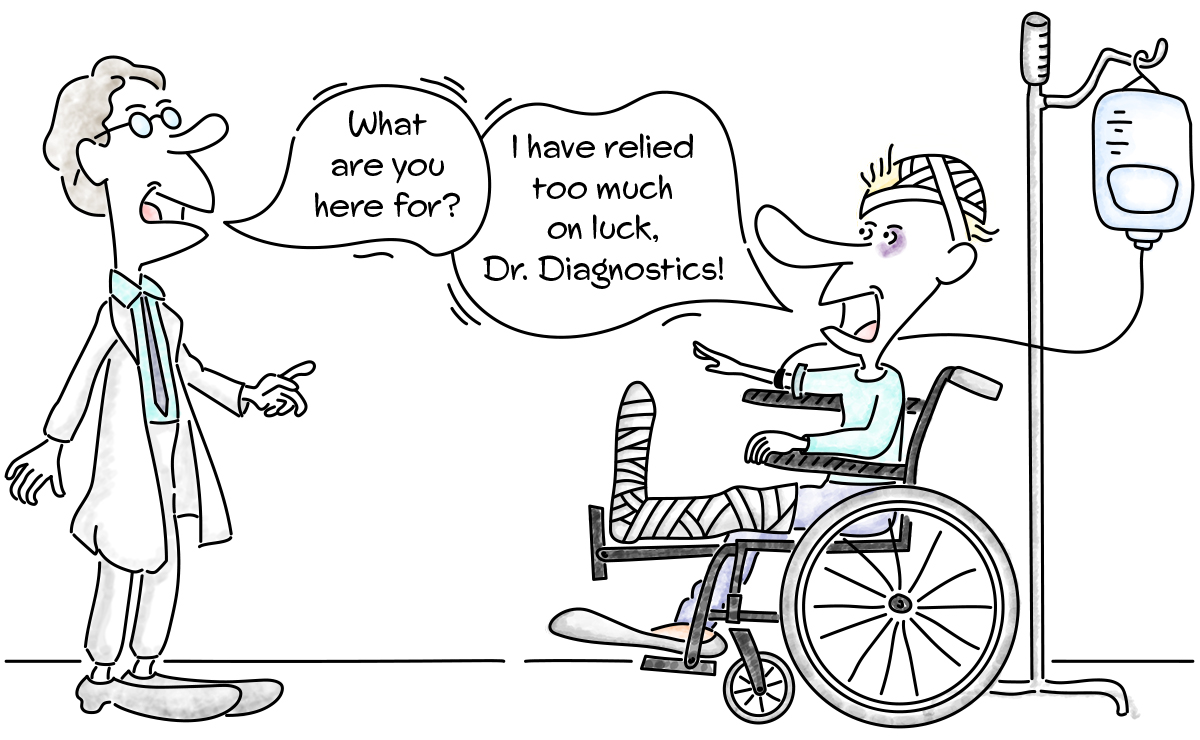
What are preventive exams?
Preventive exams are the procedures performed on people who do not present symptoms, with the aim at verifying that their health is in good condition.
Beware of Dr. Internet
With the use of technology increasingly present in everyday life, people have started to search for information on the internet instead of medical appointments and even preventive exams. According to a survey carried out by the Institute of Science, Technology, and Quality (ICTQ), 40.9% of Brazilians perform self-diagnosis over the Internet – but this is dangerous.
Self-diagnosis can lead to self-medication, which in turn can result in side effects and drug interaction, as well as hide symptoms of more serious illnesses. Someone with heartburn and poor digestion, for example, can use antacids and delay a diagnosis of stomach cancer.
The ideal is to follow up with your doctor on a regular basis and, whenever symptoms appear, seek the doctor who already has this access to your health history so that he/she can investigate the causes.
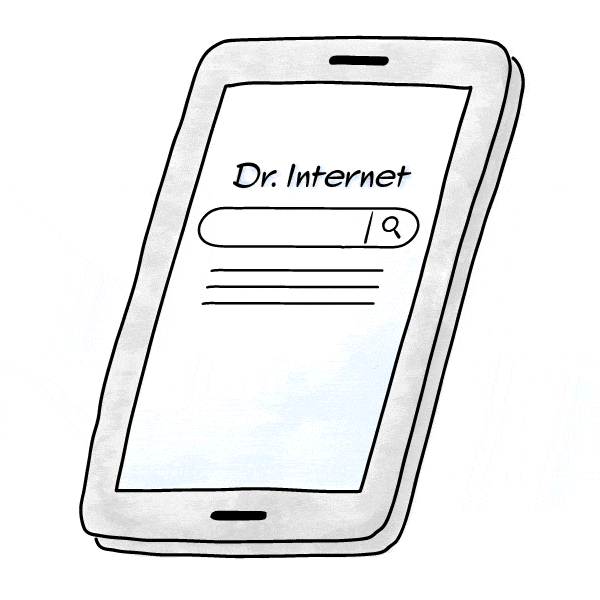
What can a preventive exam detect?
Each preventive exam has a different purpose. It is important to understand that they can vary according to risk factors, gender, and age – we will see this later.
One of the reasons why people avoid preventive examinations is the possibility of discovering some kind of disease.
However, knowing that you have a disease would not change whether it is present or not, and some diseases have more than a 90% chance of being cured when discovered early on. In other words: don’t rely on luck alone!
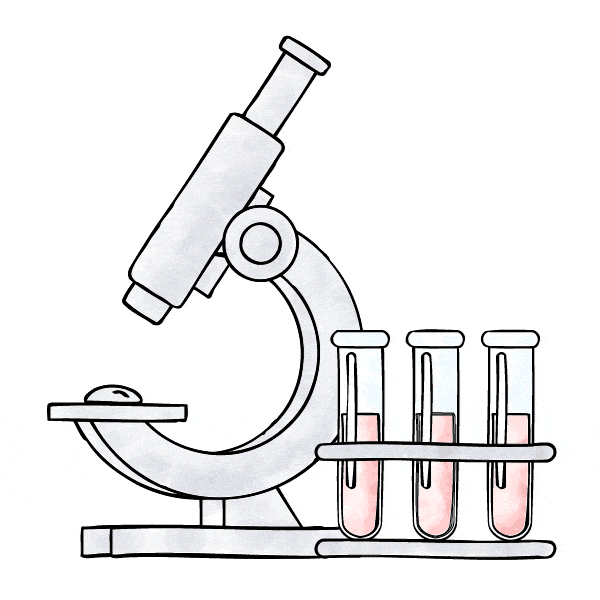
How are preventive exams defined?
As we said, most preventive exams are indicated according to each person’s characteristics; even genetic susceptibility to some diseases can alter the age and frequency for these procedures.
However, some tests seek early detection of conditions that affect various age groups and genders, such as those mentioned below.

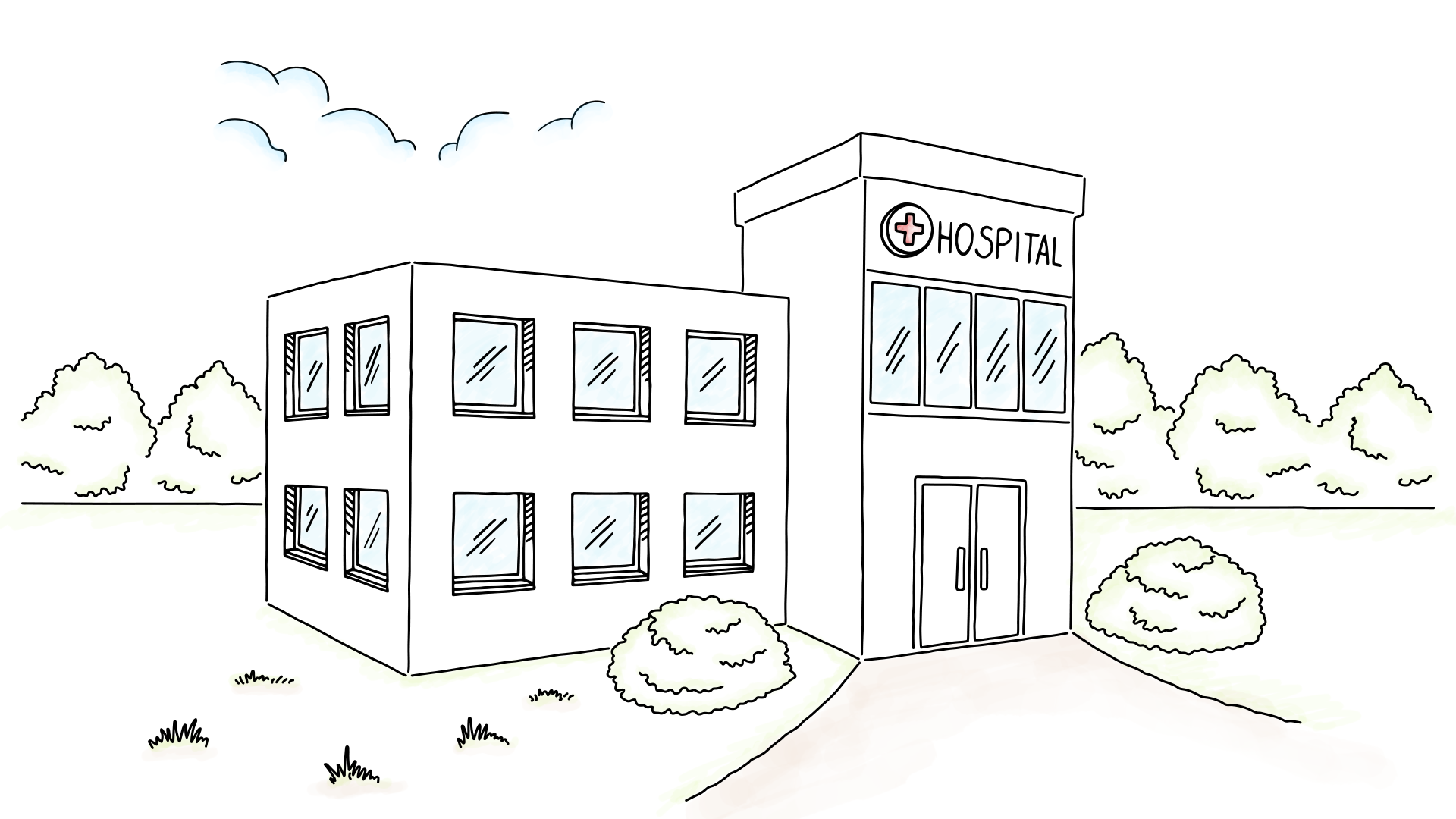
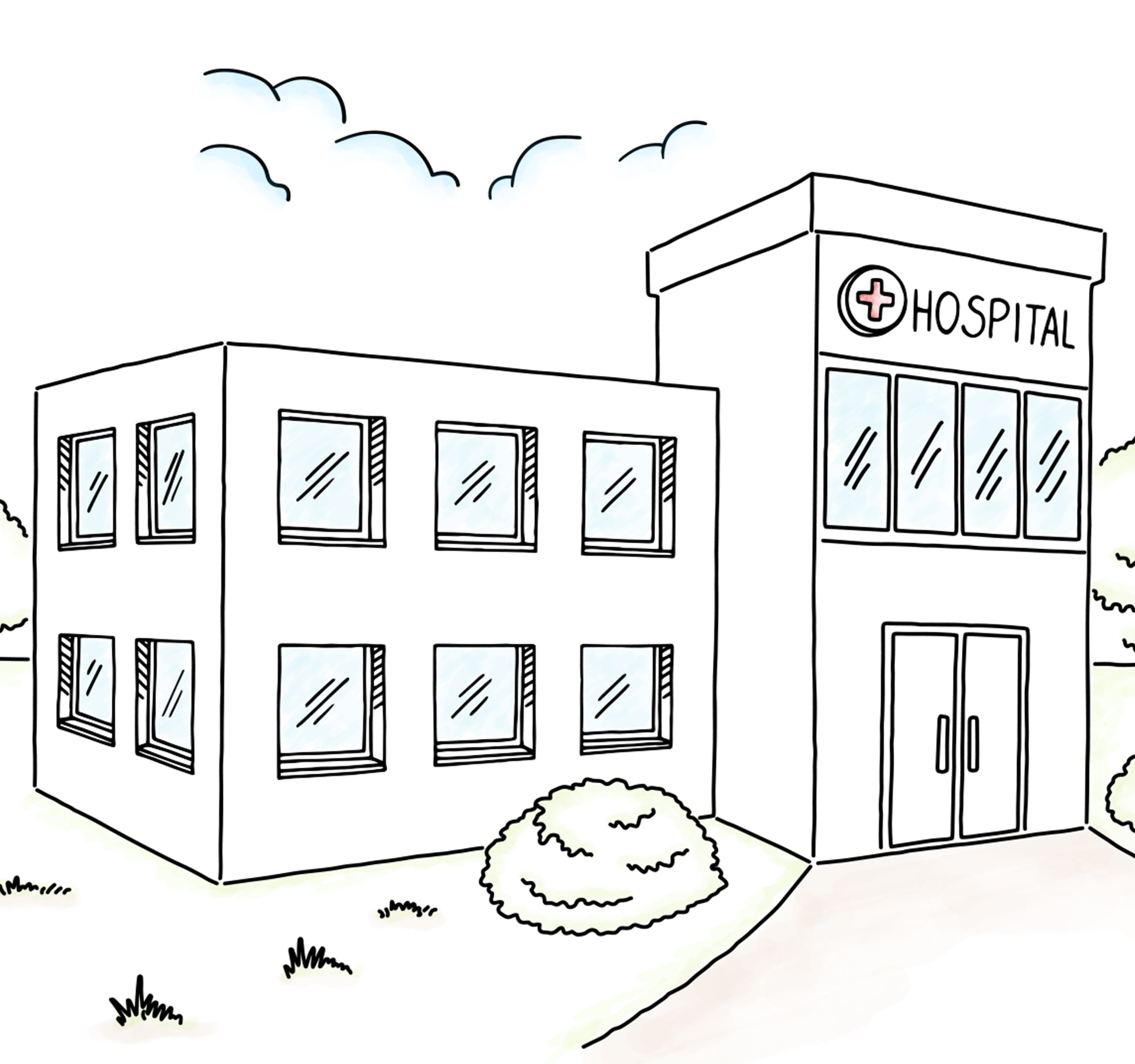
Blood tests

Complete blood count
detection of anemia, changes in immunity and blood clotting;

Cholesterol
HDL (High-Density Lipoprotein) and LDL (Low-Density Lipoprotein) levels to identify changes and to control LDL levels for prevention of cardiovascular disease;

Blood glucose
diabetes screening;

Triglycerides
for identification and prevention of cardiovascular and pancreatic diseases;

Uric acid
check for characteristics that can lead to diseases such as gout, kidney stones, cardiovascular disease, and increased blood pressure.

STIs (Sexually Transmitted Infections)
can check for the presence of antibodies produced by HIV virus, Hepatitis B and C, syphilis, and cytomegalovirus.

TGO and TGP
check the enzymes TGO and TGP to detect liver problems such as hepatitis, cirrhosis, and cancer.

Creatinine and urea
checks kidney function for diseases such as hypertension, diabetes, urinary infection, and kidney stones.
Urine test n
This test analyzes the color, density, and pH of the urine, as well as glucose, red blood cells, white blood cells, and other components, in order to identify changes in the urinary system.
Stool examination n
Used to investigate problems in the digestive system, and parasitological tests can be added to check for the presence of parasites, as well as occult blood in the stool to check for suspicion of colon and rectal tumors.
Dental examination n
Many people believe that dental checkups happen only when symptoms such as toothaches or cosmetic needs arise, but in fact, oral health can impact the entire body, even leading to more serious diseases.
During the preventive dental examination, an analysis is performed to check for cavities, as well as periodontal problems of the gums and bones.
Eye examination n
Even those who show no signs of eye problems need to have their eyes examined regularly. In childhood, diseases such as congenital cataract, congenital glaucoma, and retinopathy of prematurity are examples of diseases that can cause blindness, but that have treatment.
In adults, early detection of glaucoma can prevent irreversible blindness and can only be screened for through regular eye examinations. In addition, several diseases have ocular alterations as symptoms, so the ophthalmologist can contribute to the suspicion and detection still in the early stages.
Preventive exams for women
The first step in recommending the most appropriate female preventive exams is to know the woman’s health history, as well as information about the health of family members, to analyze signs, symptoms, and risk factors. In addition, procedures such as:

Clinical examination n
may involve speculum examination and vaginal touch. They are done in the doctor’s office to detect changes and to refer to the other necessary tests.
Pap smear n
It is usually indicated for women who have already started sexual activity and can detect cervical cancer, as well as HPV and other sexually transmitted diseases.
Colposcopy n
When the Pap smear detects any changes or there is a sore on the cervix, colposcopy may be recommended, an exam in which the uterus is evaluated with an instrument that has a lens that magnifies the region up to 40 times.
Mammography n
Performs breast cancer detection and is usually recommended starting at age 40, with annual repetition, for people who have no risk factors. It can be started earlier, as per medical evaluation.
Breast ultrasound n
Aims to identify pathologies in the breast. It is usually indicated in cases where mammography did not provide satisfactory results, or when there is the presence of a lump. Sound frequency waves allow you to differentiate between solid and cystic nodules.
Transvaginal Ultrasound n
Is an exam used to diagnose fibroids, cysts, tumors, and diagnose endometriosis. If changes are identified, other tests such as computerized tomography of the abdomen and pelvis, biopsy, and blood tests may be needed.
Bone Densimetry n
Bone loss occurs naturally with aging, after the onset of menopause, it tends to accelerate. Therefore, women 50 years of age and older can have a bone densimetry examination.
Preventive exams for men
While women are encouraged to seek preventive examinations early on, men are used to going to the doctor only when they present severe symptoms. However, this can impair the diagnosis of diseases and hinder treatment. Check out the main preventive exams that can be recommended for men:

Touch exam and PSA (Prostate-Specific Antigens) n
The rectal touch exam takes only about 10 seconds and can be combined with PSA, a blood test that looks for the protein that is produced by prostate tissue. It is usually recommended annually for men over 50, but can be brought forward when symptoms and risk factors are present.
Colonoscopy n
Is the endoscopic examination of the large intestine and the distal portion of the ileum that examines the intestinal mucosa for sores or changes that could develop into tumors. It can detect cancer of the rectum, large intestine, inflammatory bowel disease, and other pathologies. It should be performed starting at age 50.
Testicular cancer examination n
To detect testicular cancer, the doctor will perform clinical examinations to look at possible signs such as swelling, tenderness, size and location of lumps, and feel the abdomen. If suspected, further diagnostic tests are indicated.
Cardiovascular exams n
When there is suspicion or family history, doctors may indicate cardiovascular exams starting at age 40, including blood pressure measurement, echocardiogram, exercise test, heart ultrasound, and chest x-ray.
Testosterone dosage n
Around age 40, men begin to experience a gradual reduction in testosterone levels, which can lead to physical and emotional changes that disrupt quality of life. Therefore, testosterone dosage may be recommended if a man has symptoms such as fatigue, loss of libido and erectile dysfunction, decreased energy, among others.
How to request the preventive exam?
He/She will check your history and other important information to request the most appropriate tests. From there, if necessary, you can be referred to the necessary specialists, and return with the results of the exams for the doctor to analyze the general situation.
Then you just have to keep following up from time to time and carry out the necessary treatments.
